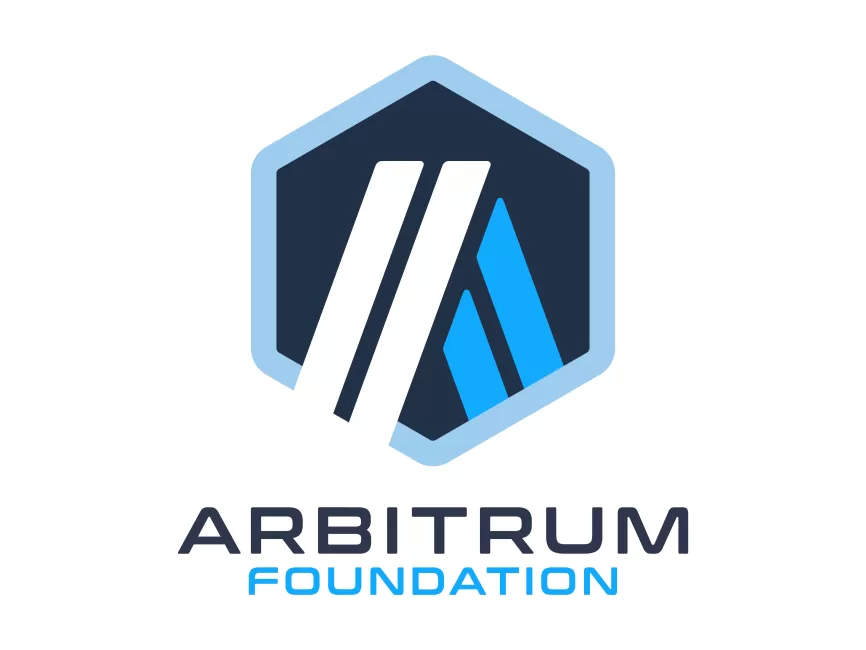
The blockchain world can be overwhelming at first. Having a deep understanding of the basic concepts will help you better organize your learning process. Here are some definitions we have crafted to help you get started with, we introduce you: “The Mighty Block Web3 Glossary”.
(in alphabetical order)
Airdrop : Describes token distribution methods used for introducing new cryptocurrencies or tokens to specific wallet addresses. Web3 projects can use airdrops as marketing initiatives by facilitating airdrops to users completing tasks such as app downloads or referrals.
Altcoin: Any of various cryptocurrencies that are regarded as alternatives to established cryptocurrencies and especially to Bitcoin.
Arbitrum: Arbitrum is an Ethereum layer 2 scaling solution that reduces fees and network congestion by computing transactions outside of the Ethereum Mainnet. Arbitrum’s rollups use multi-round fraud proofs to verify contracts were executed correctly. Blocknative currently does not support the Arbitrum L2 blockchain.

Arbitrage: Arbitrage in the world of web3 is the same as in traditional finance and is a natural mechanism for markets to achieve equilibrium. Whereas arbitrage in the real world is usually possible due to differences in physical realities (the price of a widget is 20% higher in Country A than Country B), arbitrage in web3 is made possible by the value of assets within different web3 ecosystems. Consider a situation where the price of Ethereum is $2000 on Uniswap, but at the same time, it is $1990 on Sushiswap. An arbitrager can take advantage of this gap by buying ETH on Sushi to resell on Uniswap, instantly pocketing $10 per ETH (minus gas fees). Arbitrage is a key factor in MEV.
Blockchain: A blockchain is a distributed database that is shared among the nodes of a computer network. Blockchains store a continuously growing historical ledger of information (e.g. accounts and transactions) into blocks. Blocknative builds APIs for blockchain developers, including mempool monitoring tools, blockchain notification tools, and gas estimation tools.
Bridge: The list of essential terms in web3 would also draw attention toward bridges, which have emerged as promising answers to concerns of interoperability. The bridge is an effective tool tailored for transferring assets from one blockchain network to another. It is also important to note that all bridges do not feature the same design and have different functionalities.
Centralized Exchanges: Centralized exchanges have evolved as one of the popular applications in the web3 ecosystem with promising value advantages. Centralized exchanges are cryptocurrency exchanges run by third-party agencies to sell and buy cryptocurrency. One of the distinctive highlights of centralized exchanges is the fact that they are custodial in nature. Notable examples of centralized exchanges include Gemini, Kraken and Coinbase.
Decentralized Exchange (DEX). This type of crypto exchange enables users to transact in a direct peer-to-peer manner without any intermediary
ERC: Ethereum Request for Comment is the proposal for modification to the Ethereum ecosystem, which has passed the approval stage. It points out a collection of standards used for a specific operation on the Ethereum network.
Gas: Gas is a unit of measurement that represents the computational effort required to complete a transaction. How much a user spends to complete a transaction is determined by the total amount of gas multiplied by the gas price.
Gas Estimator: Gas Estimator is an ETH gas fee tracking tool built by Blocknative that inspects every pending transaction in Ethereum’s mempool to probabilistically estimate transaction fees to get included in the next block.
Gas Fees: Gas fees are the fees users must pay in Ethereum’s native currency, Ether (ETH), to complete a transaction. Gas fees are used to compensate miners for providing the computational work required to process and validate transactions.
Gas Price: The gas price is the amount of Ether (ETH) a user is willing to pay for every unit of gas required to complete a transaction (denominated in Gwei).
Layer 1: refers to the main blockchain in a multi-level blockchain network. For example, Ethereum and Bitcoin are layer one blockchains. Many layer two blockchain offload resource-intense transactions to their separate blockchain, while continuing to use Ethereum’s or Bitcoin’s layer one blockchain for security purposes.
Layer 2 (L2) refers to a secondary framework or protocol that is built on top of an existing, layer one blockchain. Layer 2 blockchains typically improve transaction speeds and cost efficiency. As Layer 2s continue to scale, mempool data gives builders looking to migrate or build new Dapps the tools to create the best user experiences.
Liquidity Pool: Is a smart contract containing large portions of cryptocurrency, digital assets, tokens, or virtual coins locked up and ready to provide essential liquidity for networks that facilitate decentralized trading.
Oracles: Are entities that connect blockchains to external systems, thereby enabling smart contracts to execute based upon inputs and outputs from the real world. Oracles provide a way for the decentralized Web3 ecosystem to access existing data sources, legacy systems, and advanced computations.
POH: Proof of Humanity (or PoH) is a social identity verification system for humans on Ethereum. PoH combines webs of trust, reverse Turing tests, and dispute resolution to create a sybil-proof list of humans.
Smart Contract: The smart contract is written in virtual language and has the power to execute and enforce itself, autonomously and automatically, based on a series of programmed parameters. With blockchain technology, its main value lies in reinforcing security, transparency and trust between signatories, avoiding misunderstandings, falsifications or alterations and dispensing with intermediaries.
Staking: Staking is the locking up of cryptocurrency tokens as collateral to help secure a network or smart contract, or to achieve a specific result. Staking is a term often used to describe the locking up of cryptocurrency as collateral to help secure a particular blockchain network or smart contract protocol
Swapping: An agreement between two parties that exchange different token types (say token 𝐴 and token 𝐵). In a token swap, one party will pay a certain amount of token 𝐴 to the other party and receive the agreed amount of token 𝐵 in return.
Wallet: A Web3 wallet is a software program that stores private keys, which are necessary for accessing blockchain networks and conducting transactions. Unlike traditional wallets, which store physical currency, Web3 wallets store digital assets such as Bitcoin, Algorand, and NFTs.
Zero-Knowledge Proof: A zero-knowledge proof is a method of verification in which a “prover” shows possession of secretive knowledge to a “verifier” without revealing the sensitive information itself. This encryption scheme can ensure data privacy and confidentiality on a public blockchain.
ZK-Rollup: A ZK or “zero-knowledge” rollup is an Ethereum layer 2 scaling solution that bundles transactions off-chain into a single cryptographic proof. This transaction is then submitted back to the main chain for validation. ZK-rollups utilize validity proofs to confirm transaction legitimacy.
We are always looking for Web3 talent !
Mighty Block is one of the partners of Forte, a platform to enable game publishers to easily integrate blockchain technologies into their games. We believe blockchain will enable new economic and creative opportunities for gamers around the world and have assembled a team of proven veterans from across the industry (Kabam, Unity, GarageGames, ngmoco, Twitch, Disney), as well as a $100M developer fund & $725M funding, to help make it happen. That’s where you come into play.
Feel free to browse all our current open job opportunities in the following link 👇













